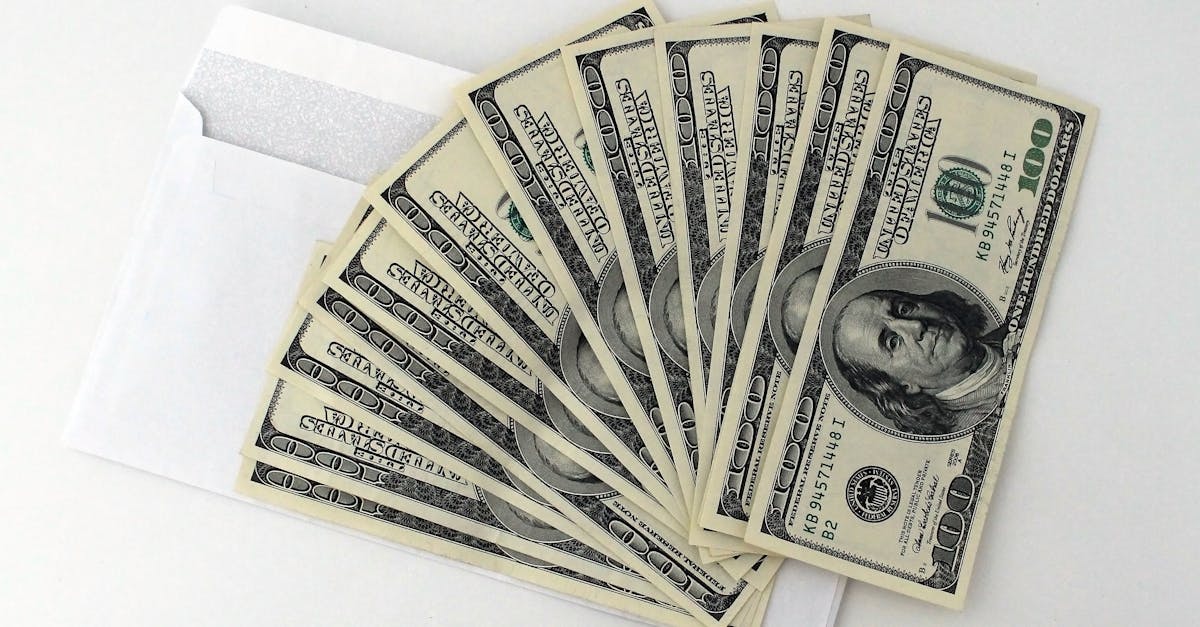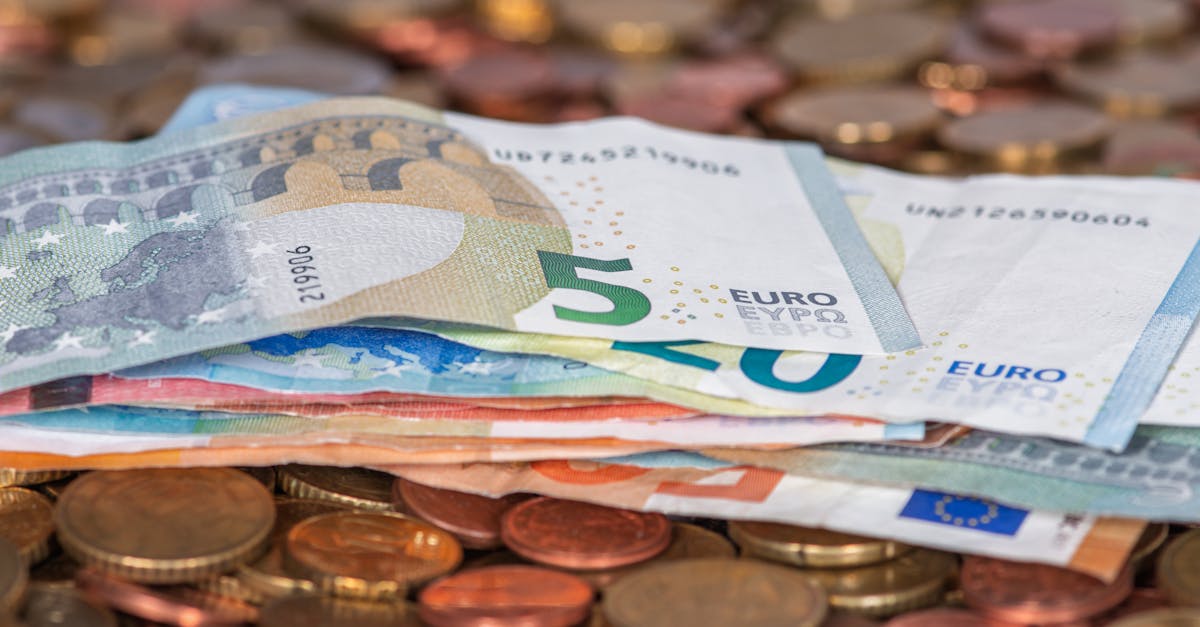Can I Get a Small Business Loan With Bad Credit? Discover Your Options and Solutions

Estimated Reading Time
5 minutes
Key Takeaways
- Bad credit doesn’t automatically mean you can’t get a business loan, but you may pay a higher interest rate.
- Knowing where you stand when it comes to credit is important when choosing what types of loans are a good fit for you.
- Explore options like SBA Microloans and alternative lenders.
- Other sources of funding include grants, crowdfunded loans, and nonprofit lenders.
Table of Contents
- Can I Get a Business Loan With Bad Credit?
- Understanding Bad Credit
- Types of Business Loans for Bad Credit
- Minimum Credit Score Requirements
- Boosting Your Approval Chances
- Exploring Alternatives
- FAQs
Can I Get a Business Loan With Bad Credit?
In the busy world of startups, business financing is a fundamental building block for future success. But for some small business owners in search of their dreams, there’s a critical question that looms large: “Can I get a small business loan with bad credit?” If you’ve lost sleep worrying about your credit score, you are not alone. Here’s some good news: You can still get a small business loan even if your credit isn’t great. But lending could be more difficult, and perhaps more expensive, for those with lower scores.
Understanding Bad Credit
The first thing you should know about is what exactly bad credit is. And with small business loans, a credit score close to 670 tends to be where the road splits this way. Knowing where you are in relation to your credit score is important because your score affects the types of loans and terms you’ll be able to qualify for.
Types of Business Loans for Bad Credit
SBA Microloans: A great option for individuals with poor credit is the SBA Microloan program. Billed as a loan to help the underserved and low-income startup, this loan is hopeful because it is available. Ranging up to $50,000 per loan — although the typical one is for about $13,000 — these microloans are especially attractive to people who need only a little bit of capital. They feature more relaxed qualifications than other SBA loans and do not have a specific minimum credit score, which makes them a last-resort resource for many would-be business owners.
Alternative Lending: Another option to consider is the realm of online and alternative lending. These next-gen financial allies provide business financing with minimum credit scores as little as 500— a far cry from those offered by old-world lenders. Yes, underwriting is quicker with these lenders, but they do charge you for the risk in higher interest rates. This might be a way to make things happen for people who really need the money and have a time-sensitive business opportunity.
Minimum Credit Score Requirements
Credit score requirements may vary from lender to lender and loan type. The majority of online lenders require at least a 600, and at least 500 to be considered eligible for an FHA loan. Most traditional SBA loans, however, look for scores of at least 650. Conventional Business Loans For the most favorable terms and rates with a conventional business loan, look for applicants with scores of 670 or better. Startups may look at those with scores in the 500s, but options will be less flexible given the risk. Knowing what these requirements are, will help you know how to choose the right loan and the right lender.
Boosting Your Approval Chances
If you’re worried about bad credit, don’t be—there are strategies to boost your odds of being approved for a loan. One step is to dust off and update your business plan. A very well written business plan that outlines the potential of your business could be enough to tip the balance in your favor with lenders. Checking over your credit report for errors and disputing any inaccuracies might also be a good step here. It can reduce the lender’s risk (lenders who are taking on less risk are more likely to approve a loan) by having you stake some of your money on the deal. Another approach may be to search for lenders offering friendly terms for this sort of loan. Community Development Financial Institutions (CDFIs) tend to have easier eligibility requirements and can lend you SBA microloans, which also have more flexible terms. Searching options like Community Development Financial Institutions, offers backgrounds that may carry benefits.
Exploring Alternatives
If you find that you can’t get a traditional business loan, consider these alternative approaches to financing your business:
- Business grants: While there’s a great deal of competition for this type of funding, it doesn’t have to be paid back.
- Public Contributions: Fundraising get financial support from public.
- Not-for-profit lenders: CDFIs (Community Development Financial Institutions) could lend even to those who the conventional banks would normally be reluctant to lend to.
It’s important to note that bad credit doesn’t rule out business financing altogether, but it can translate to higher interest rates and less favorable terms. This is why you should never stop working to increase your credit score. Eventually, a better credit score qualifies you for better financing options over the long haul.
FAQs
Q: Can I get a business loan with 500 credit score?
A: Some alternative lenders will grant business loans with scores as low as 500, although rates are higher.
Q: Do you have loans that do not require a credit check?
A: Yes, some lenders may consider other factors in addition to credit scores, like business performance and collateral.
Q: Can I get my credit score for free?
A: You can obtain free credit score reports once a year from the sites of the three main credit bureaus.




